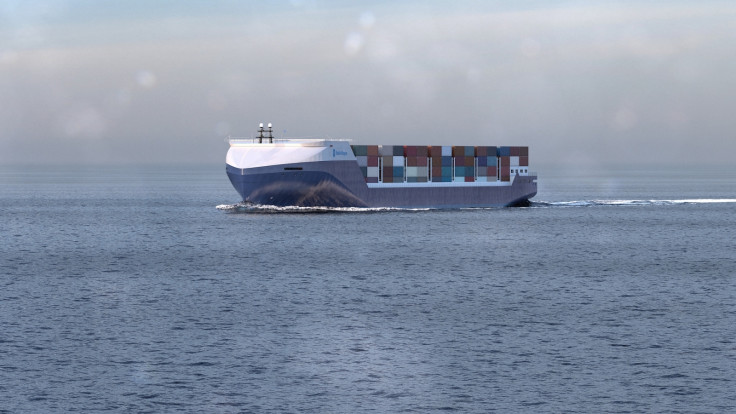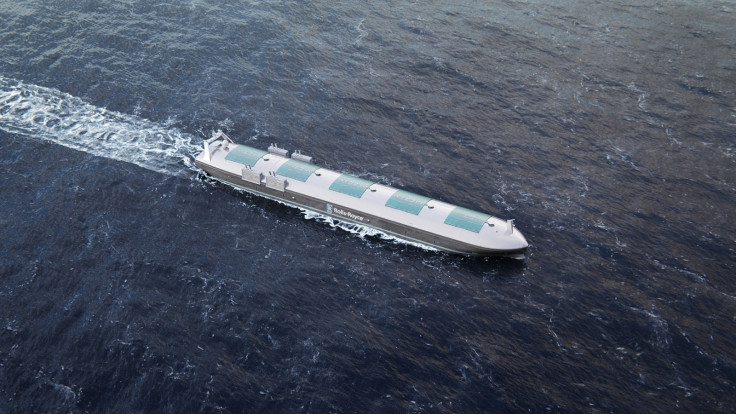Self-sailing ships of the future to steer clear of pirates with this ingenious solution
Rolls-Royce combating piracy threat to AI-powered boats with a brilliantly simple design quirk.

As car manufacturers heading embrace autonomous technologies, it is unsurprising that companies that create other forms of transport are following suit. For shipbuilders however, the prospect of a 'crew-less' vessel comes with a unique problem: pirates.
While it is one thing to envision enormous holiday cruisers full of sunbathing revellers unaware that the ship they are temporarily residing on has no actual captain, having a cargo ship navigate the high seas using self-steering artificial intelligence technology effectively turns the freighter into a sitting duck for maritime thieves.
Enter Rolls-Royce and a novel, but also painfully obvious solution: make it nigh-on impossible to board the ship in the first place.
The British aerospace and marine giant is currently conducting research into autonomous ships that would help reduce fuel usage and overall costs across the board, reports Quartz. Removing even the majority of a vessel's crew and their necessary quarters logically leaves more room for more cargo, effectively increasing the load each ship can carry per trip.
With up to 96% of deaths at sea also caused by human error according to insurer Allianz, research has also shown that self-sailing ships may in fact be safer with advanced AI at the helm. But that does not factor in the financial threat of pirate attacks, especially if they were to hold an ultra high-value autonomous ship itself, alongside its cargo, as part of any ransom deal.
Rolls-Royce is aware however, that a greater threat may lie in wait in the form of hackers who could unleash devastating cyberattacks on the autonomous systems.
Oskar Levander, Rolls-Royce's president of innovation and technology for its marine wing suggested to Quartz that ships could be programmed to automatically "steam in a circle" if its system detects a cyberattack, although it is likely that the company, and other maritime manufacturers, will be working hard on stronger security systems should autonomous ship production increase in scope.
Regardless, Rolls-Royce clearly has high hopes for its autonomous endeavours. The company published its Advanced Autonomous Waterborne Applications Initiative (AAWA) White Paper back in 2016. At the time, Levander said: "This is happening. It's not if, it's when. The technologies needed to make remote and autonomous ships a reality exist... we will see a remote-controlled ship in commercial use by the end of the decade."
Outside the UK, major shipping firms from other countries are also eyeing a self-navigating future. In June, Japanese companies Mitsui OSK Lines and Nippon Yusen announced plans to launch AI-driven cargo vessels by 2025.

© Copyright IBTimes 2025. All rights reserved.






















